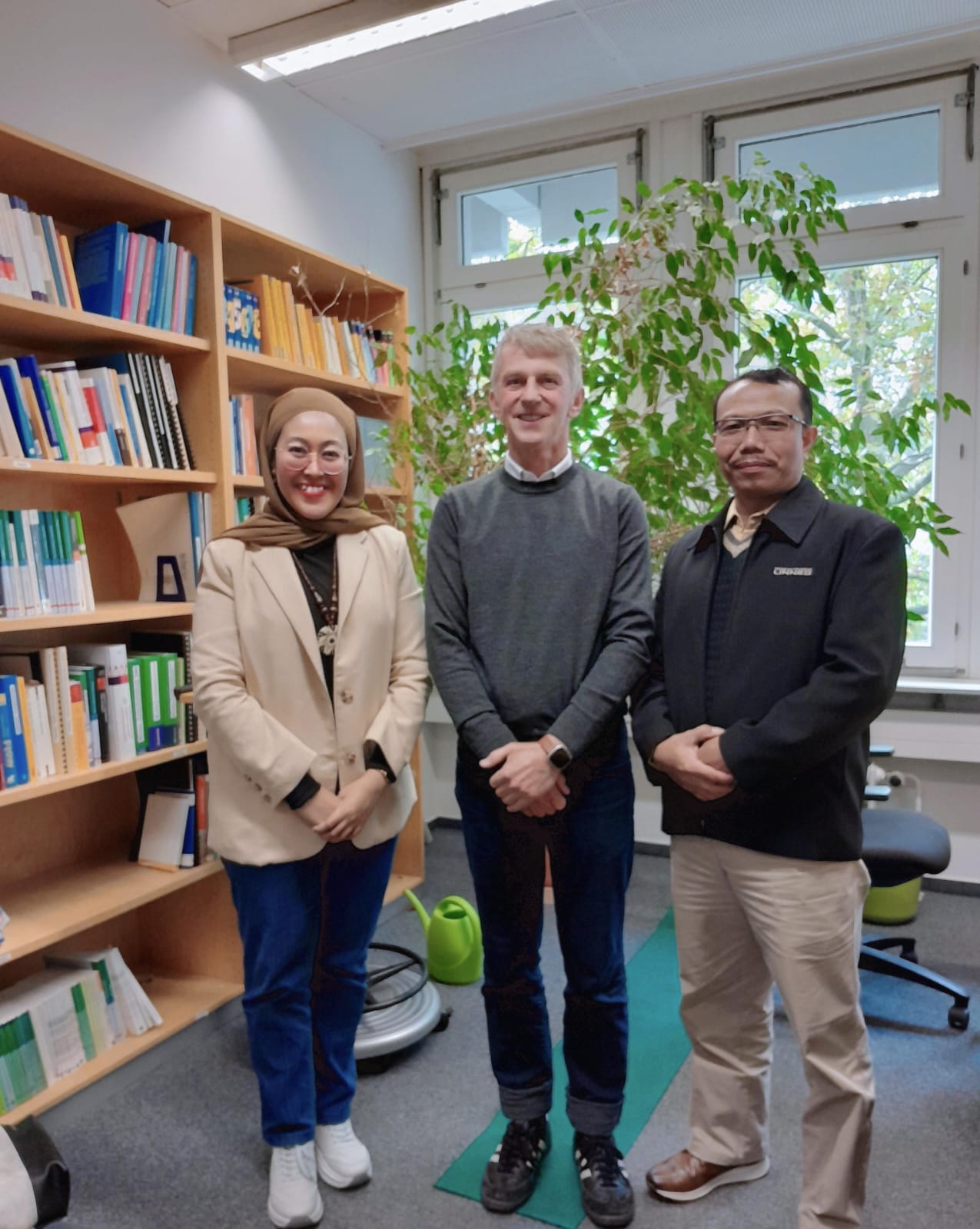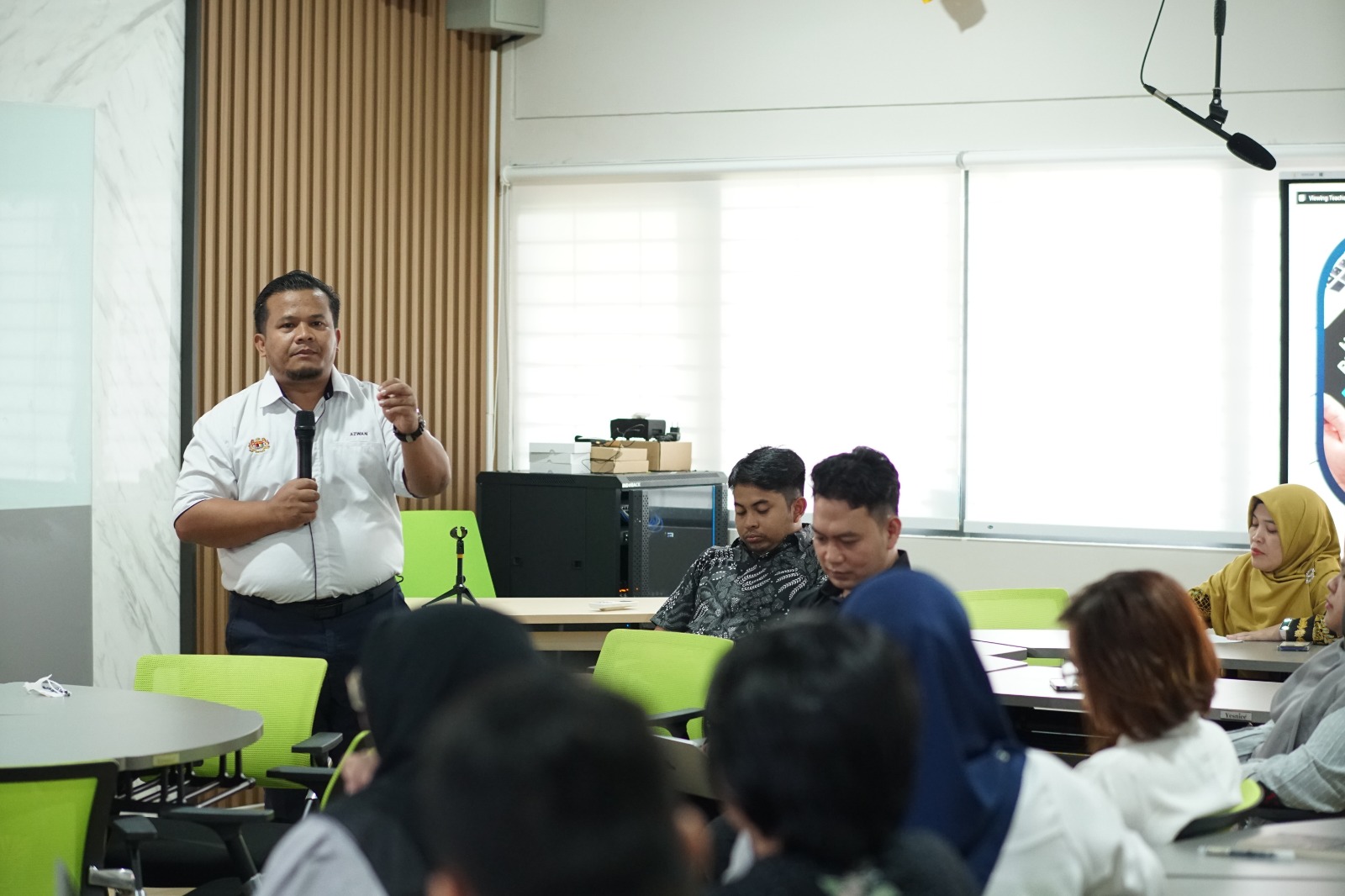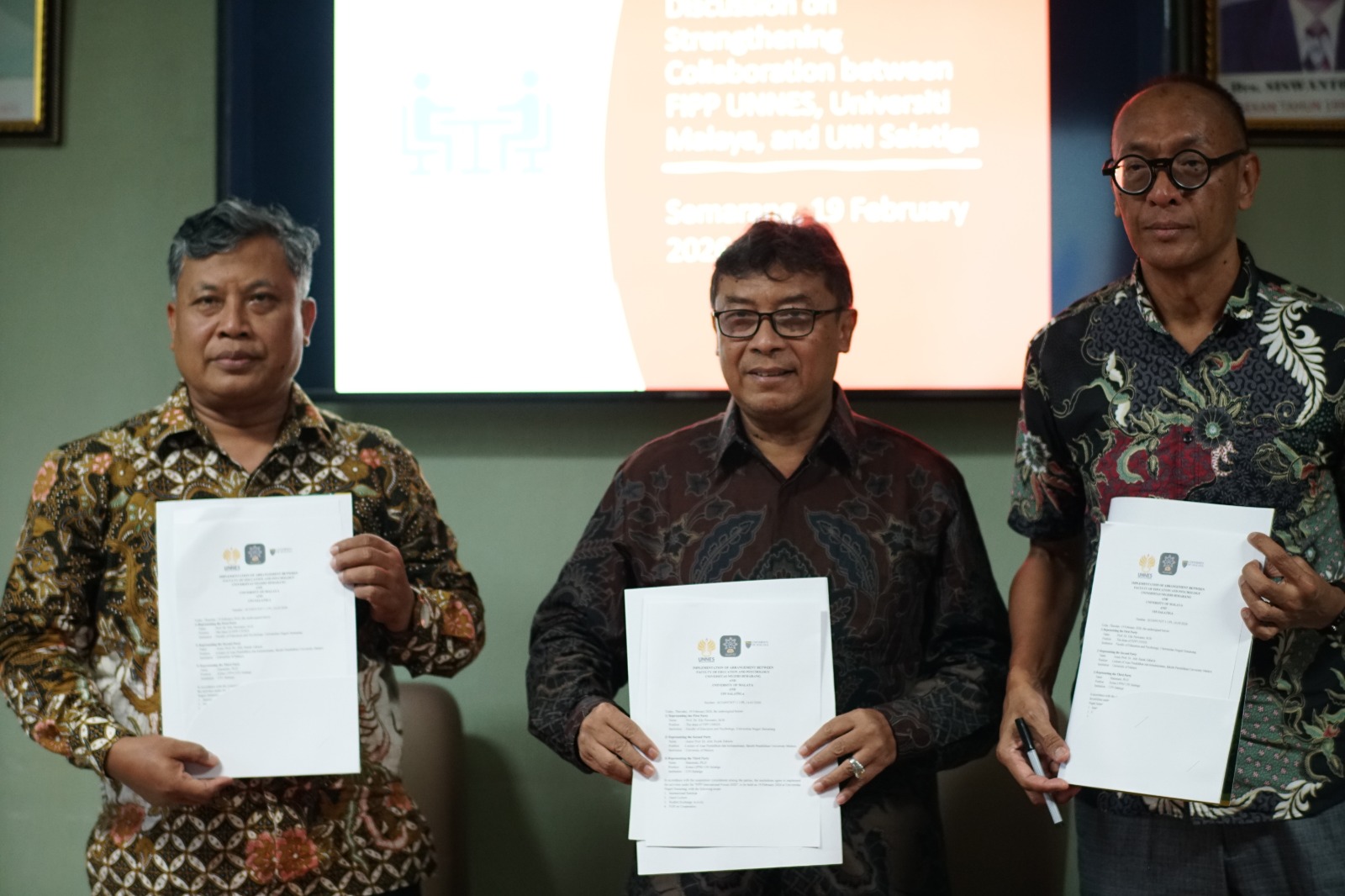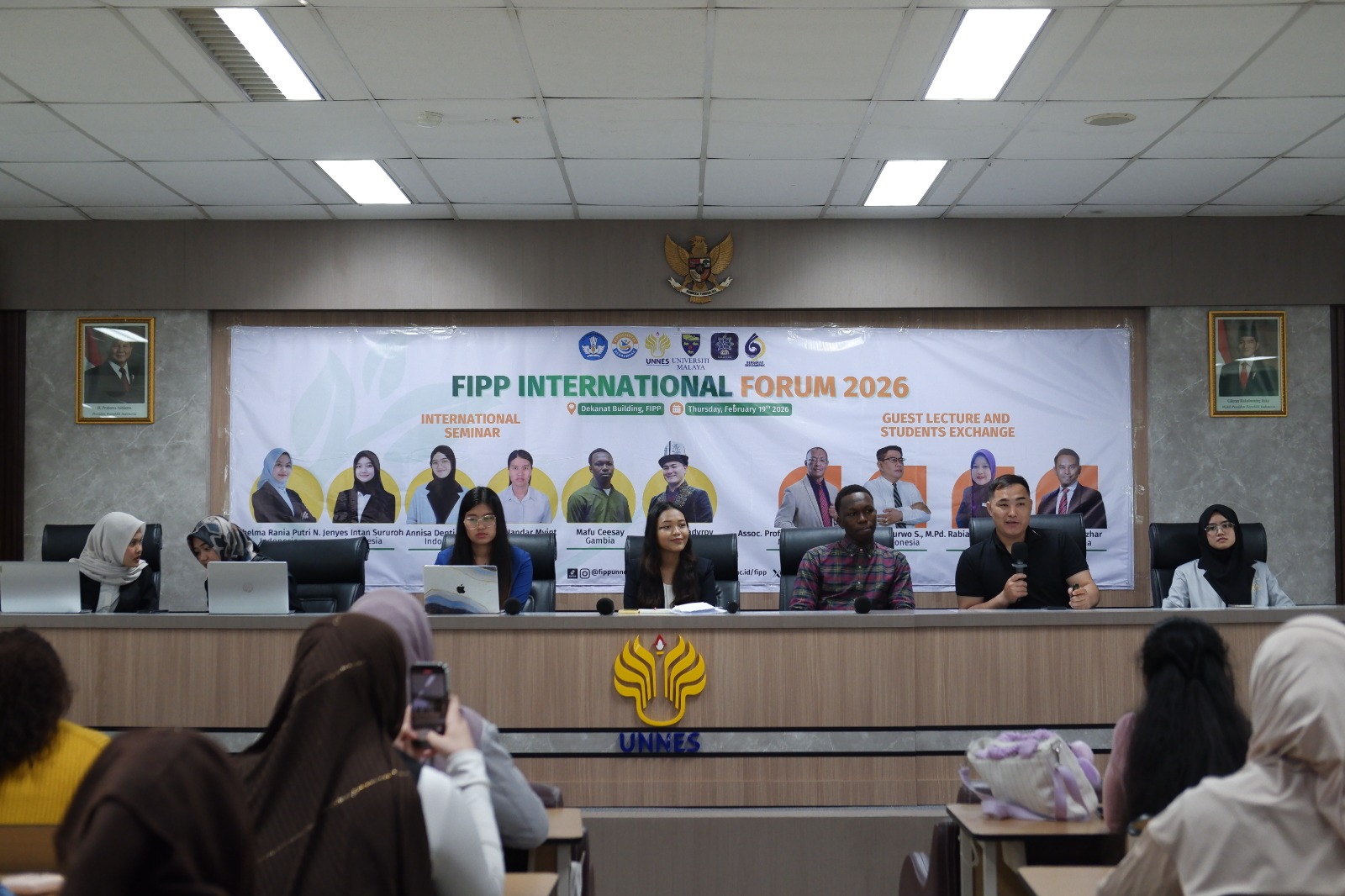Universitas Negeri Semarang (UNNES) has once again shown its commitment to facing educational challenges in the era of the Industrial Revolution 5.0. This time, UNNES collaborated with the University of Hamburg, Germany, in a comparative research of the higher education systems of the two countries. The focus of this research is the Dual System implemented in Germany and the Independent Learning Independent Campus (MBKM) program implemented in Indonesia.
“We want to formulate a curriculum model that is not only responsive to technological developments, but also rooted in the noble values of Indonesian culture,” said Dr. Yuli Utanto, S.Pd., M.Si., Coordinator of the Educational Technology Study Program UNNES and the head of the research team.
This research aims to formulate a blueprint for the development of higher education curriculum in Indonesia that is adaptive to the needs of the Industrial Revolution Era 5.0. Dr. Yuli Utanto led a research team from UNNES in collaboration with Prof. Dr. Jens Siemon from the University of Hamburg. The UNNES team was also strengthened by Tri Hutami Wardoyo, M.Ed., Edi Subkhan, S.Pd., M.Pd., Indra Simanungkalit M.Pd., as well as UNNES students, Anisa Candra Cahyani, Nimas Putri Ayuningtyas, and Viona Santika.
Dual System vs MBKM: Finding the Ideal Model
This research will examine in depth the Dual System in Germany which is known to be effective in bridging the world of education and the world of work. Through this system, students gain practical experience through internships in the industry, in addition to theoretical learning in the classroom.
On the other hand, MBKM in Indonesia offers flexibility for students to develop competencies outside of the study program through internships, independent projects, student exchanges, and various other activities.
Local Wisdom as a Foundation
Interestingly, this study not only compares the two systems, but also seeks to integrate conservation principles and local wisdom into curriculum development. This is considered crucial considering that the Industrial Revolution Era 5.0 requires graduates who are not only competent in the field of technology, but also have social sensitivity and concern for the environment.
“University graduates must be able to face global challenges, including climate change and environmental degradation. The integration of conservation principles in the curriculum is very important,” said Tri Hutami Wardoyo, M.Ed., a member of the research team.
Publication and Dissemination
The results of this research are planned to be published in reputable international journals and disseminated through various scientific forums, both national and international. This research collaboration between UNNES and the University of Hamburg is expected to significantly improve the quality of higher education in Indonesia and produce a more adaptive, innovative, and sustainable education system. (Abdul Arif, 2024)




